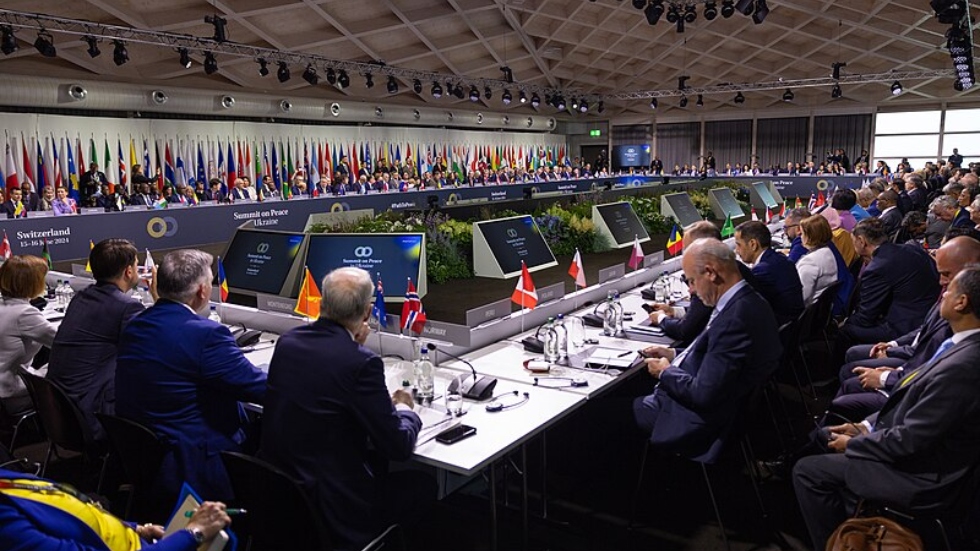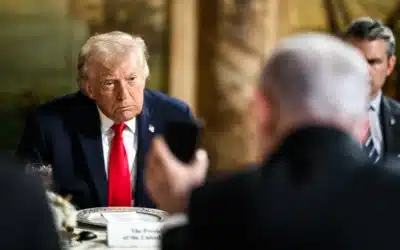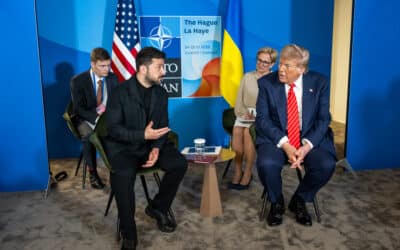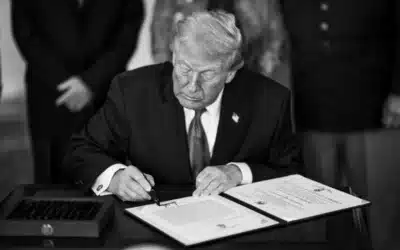Officials from more than 100 countries gathered in Switzerland over the weekend to discuss ways to end the conflict in Ukraine, devising a “peace formula” even as Western leaders continue to flood the battlefield with weapons.
The conference kicked off on Saturday near the city of Lucerne, where delegations from the US, Germany, France, and scores of other states met to consider how to achieve a “just and lasting peace for Ukraine.” However, a joint communique issued by the participants on Sunday offered no new proposals, instead repeating generic statements about Ukraine’s “territorial integrity” and the “principles of sovereignty.”
In place of a workable peace plan, the joint statement outlined three basic points regarding the safety of nuclear facilities in Ukraine, the importance of food security and the global supply chain, and the need for prisoner of war exchanges between Kiev and Moscow. It went on to reiterate past United Nations resolutions calling for an end to the war.
Ahead of her speech at the meeting on Saturday, US Vice President Kamala Harris announced an additional $1.5 billion in aid for Kiev. This includes funds to rebuild infrastructure, $379 million in humanitarian assistance, and another $300 million to support “civilian security.” The new package follows the over $50 billion in US military aid already supplied throughout the war, including long-range missiles, main battle tanks, and other heavy weapons.
While Russia was deliberately excluded from the conference in Switzerland, the joint statement nonetheless said that “peace requires the involvement of and dialogue between all parties,” suggesting “concrete steps” toward diplomacy at an unspecified date in the future. The communique did not elaborate on what steps might be taken, though Ukrainian President Volodymyr Zelensky said a peace plan would be transmitted to Russia once it was finalized.
The contents of that proposal have yet to be seen, but Zelensky has repeatedly called for an immediate end to hostilities and a Russian troop withdrawal from Ukraine’s pre-2014 borders. The Kremlin has rejected those terms outright, however, instead urging Kiev to vacate four regions seized by Russian forces, give up territorial claims to Crimea, and agree to never join NATO.
Noting Moscow’s conspicuous absence at the meeting, a number of countries refused to sign the final joint statement, with India’s Foreign Ministry saying it “did not associate itself with any communique/document emerging from this summit.”
“We continue to believe that such a resolution requires a sincere and practical engagement between the two parties to the conflict,” the ministry said, adding that New Delhi attended the conference only “to facilitate a lasting and peaceful resolution to the conflict through dialogue and diplomacy.”
Other nations and territories also declined to endorse the document, including Brazil, South Africa, Mexico, Saudi Arabia, the United Arab Emirates, Colombia, Libya, and the Vatican. In his own statement, Indonesian diplomat Swajaya Ngurah stressed the need for “consistency” in applying international law and said Russia must have a role in any peace talks.
This article was originally featured at Antiwar.com and is republished with permission.

































